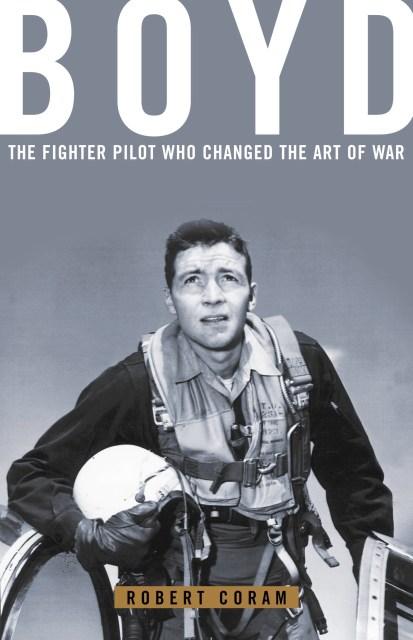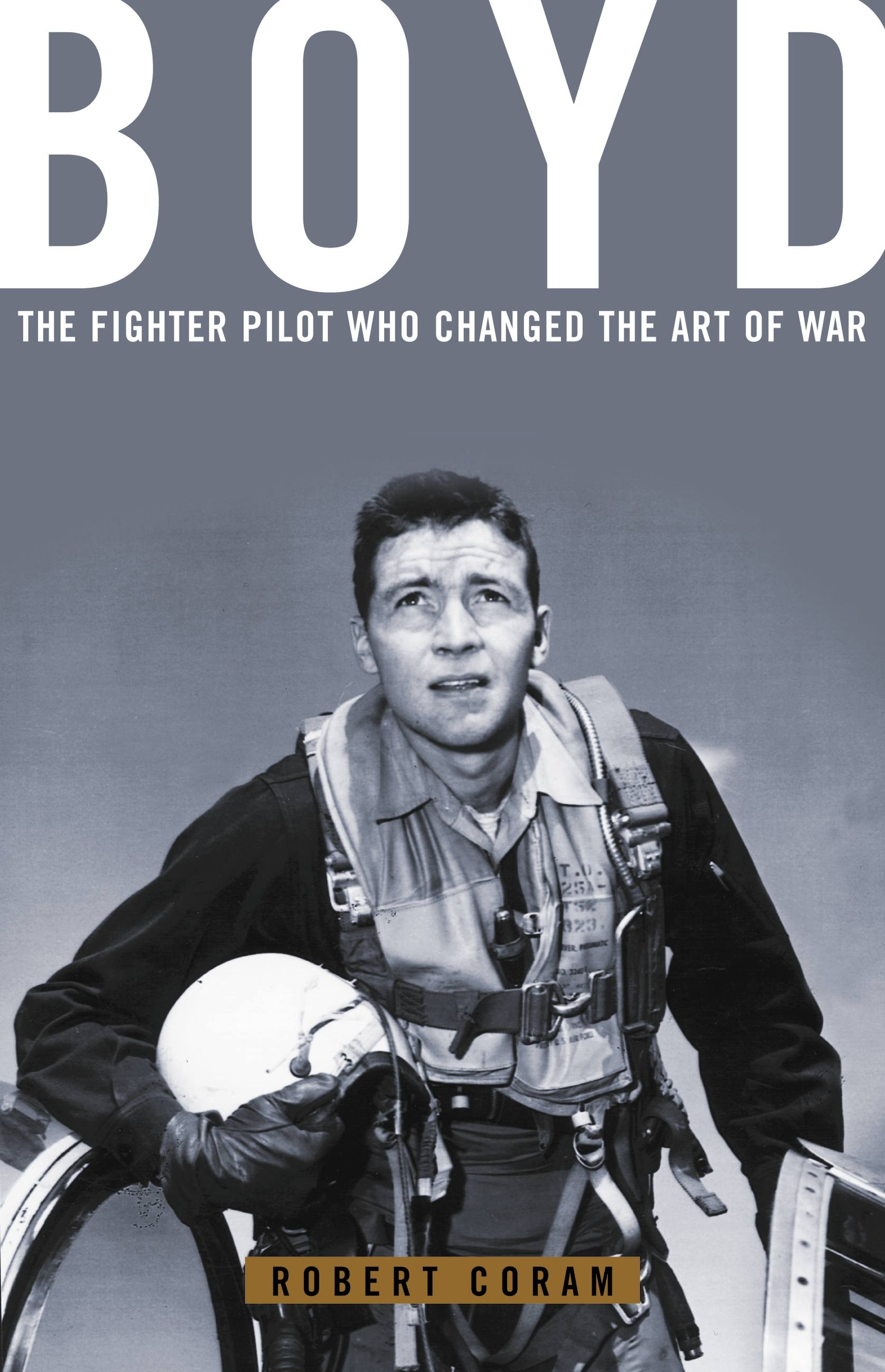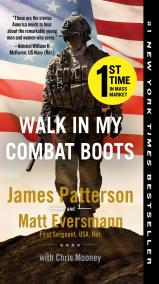Promotion
Use code CYBER2024 for 30% off sitewide + free shipping over $30
By clicking “Accept,” you agree to the use of cookies and similar technologies on your device as set forth in our Cookie Policy and our Privacy Policy. Please note that certain cookies are essential for this website to function properly and do not require user consent to be deployed.
Boyd
The Fighter Pilot Who Changed the Art of War
Contributors
By Robert Coram
Formats and Prices
Price
$32.00Price
$41.00 CADFormat
Format:
- Hardcover $32.00 $41.00 CAD
- ebook $12.99 $16.99 CAD
- Trade Paperback $23.99 $30.99 CAD
This item is a preorder. Your payment method will be charged immediately, and the product is expected to ship on or around November 21, 2002. This date is subject to change due to shipping delays beyond our control.
Also available from:
Boyd, more than any other person, saved fighter aviation from the predations of the Strategic Air Command. His manual of fighter tactics changed the way every air force in the world flies and fights. He discovered a physical theory that forever altered the way fighter planes were designed. Later in life, he developed a theory of military strategy that has been adopted throughout the world and even applied to business models for maximizing efficiency. And in one of the most startling and unknown stories of modern military history, the Air Force fighter pilot taught the U.S. Marine Corps how to fight war on the ground. His ideas led to America’s swift and decisive victory in the Gulf War and foretold the terrorist attacks of September 11, 2001.
On a personal level, Boyd rarely met a general he couldn’t offend. He was loud, abrasive, and profane. A man of daring, ferocious passion and intractable stubbornness, he was that most American of heroes — a rebel who cared not for his reputation or fortune but for his country. He was a true patriot, a man who made a career of challenging the shortsighted and self-serving Pentagon bureaucracy. America owes Boyd and his disciples — the six men known as the “Acolytes” — a great debt.
Robert Coram finally brings to light the remarkable story of a man who polarized all who knew him, but who left a legacy that will influence the military — and all of America — for decades to come . . .
- On Sale
- Nov 21, 2002
- Page Count
- 496 pages
- Publisher
- Little, Brown and Company
- ISBN-13
- 9780316881463
Newsletter Signup
By clicking ‘Sign Up,’ I acknowledge that I have read and agree to Hachette Book Group’s Privacy Policy and Terms of Use







